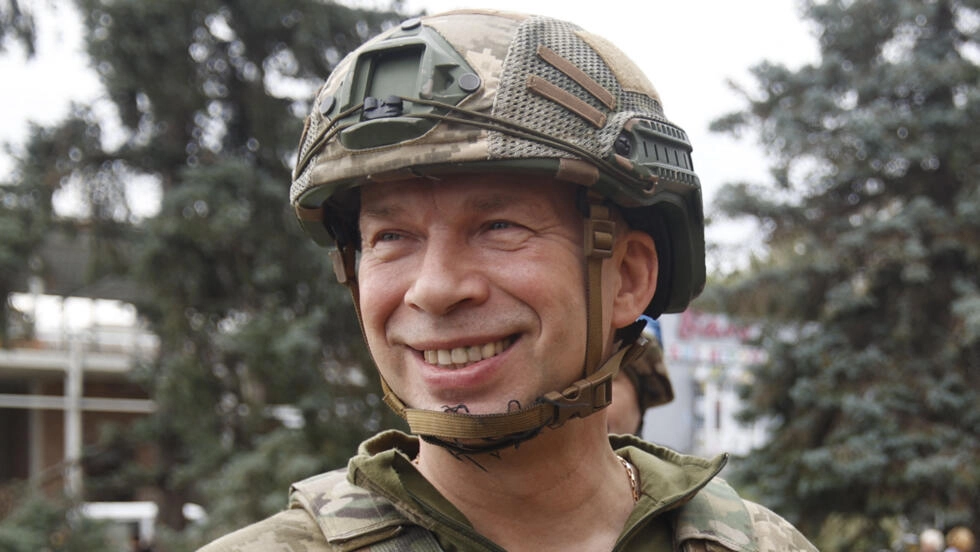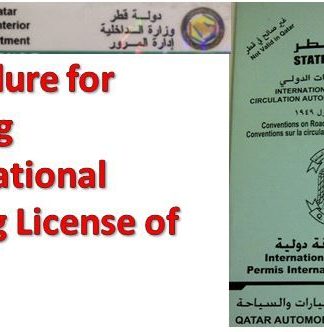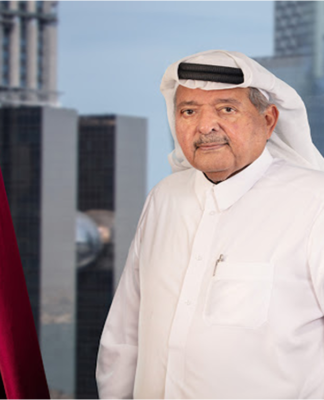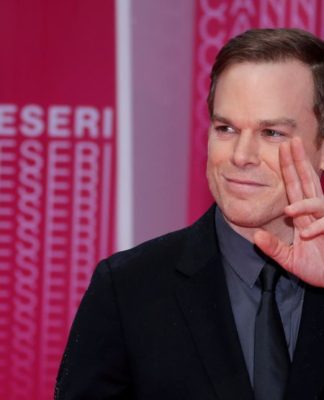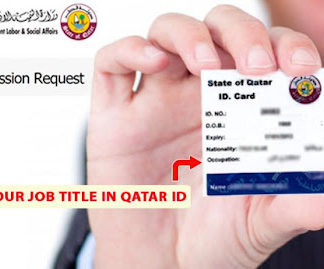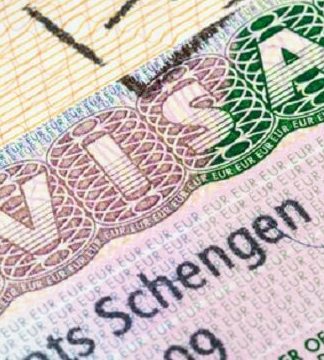Back to homepage / Europe
CHANGING OF THE GUARD
Zelensky’s A-team: Who is who among Ukraine’s new army commanders
Ukrainian President Volodymyr Zelensky labelled it a “reset” while others have called it a “shake-up”: FRANCE 24 takes a look at the new team of army commanders tasked with helping Ukraine rebuild military momentum and ultimately win the war against Russia.
Issued on: 17/02/2024 – 16:27
Modified: 17/02/2024 – 16:29
5 min
Oleksandr Syrsky is Ukraine’s new army chief, in a dramatic military shakeup nearly two years into Russia’s invasion.
Oleksandr Syrsky is Ukraine’s new army chief after a dramatic military shake-up nearly two years into Russia’s invasion. © Handout, AFP
By:
Louise NORDSTROM
Follow
After weeks of speculation, Zelensky announced he was replacing popular military chief Valery Zaluzhny earlier this month while also unveiling a complete reshuffle of his top command.
To find out more about Zelensky’s new men, FRANCE 24 spoke to Ryhor Nizhnikau, a Ukraine specialist and senior research fellow at the Russia, the EU’s Eastern Neighbourhood and Eurasia research programme at the Finnish Institute of International Affairs.
Oleksandr Syrsky, commander-in-chief: ‘The Snow Leopard’ or ‘the Butcher’
Colonel General Oleksandr Syrsky, 58, is hardly a new face to Ukrainians. Syrsky is a career military man who led Ukrainian troops against the Russia-backed separatist revolt in Ukraine’s eastern Donetsk and Luhansk regions in 2014, earning him the nickname, “Snow Leopard”.
Until his appointment as the army’s new commander, Syrsky – whose leadership style is described as traditionalist and in line with his Soviet army training – served as the commander of Ukraine’s ground forces. He is credited with fighting off the Russians around Kyiv at the beginning of the full-scale invasion in February 2022 and for masterminding one of Ukraine’s most important victories in the war so far: the counteroffensive and liberation of the eastern Kharkiv region.
But the war has also cast something of a shadow over Syrsky’s name, earning him the much less flattering nickname “the Butcher”. According to Politico, this stems from Ukraine’s dire – and very deadly – defeat in the small but key city of Bakhmut which became known as the “meat grinder” and whose defence Syrsky oversaw.
According to Nizhnikau, Syrsky has a dual reputation. While he is viewed as a respected commander within the army, the general public has had a harder time swallowing the human losses he has been blamed for.
“While the polls show that [his predecessor], Zaluzhny, had 94 percent of the public’s trust, the number for Syrsky is something like 40 percent,” he explained.
One of Syrsky’s biggest challenges, Nizhnikau notes, will be to not only fill Zaluzhny’s boots, but to stop being compared to him.
Read more
Ukraine’s Zelensky replaces top general Zaluzhny with Syrsky in dramatic military shakeup
Oleksandr Pavliuk, commander of armed forces: The model soldier
Lieutenant General Oleksandr Pavliuk, 53, is Ukraine’s former deputy defence minister and was handpicked by Syrsky himself. In an interview with Ukrainska Pravda, Syrsky said Pavliuk – who in the past two years has served as Syrsky’s deputy – was the only name he ever considered for the position.
Pavliuk fought on the front line in Donetsk in 2014. When Russia launched its full-scale invasion in 2022, he was in charge of defending the eastern regions and later the defence of Kyiv. He is a decorated “Hero of Ukraine” soldier.
Nizhnikau said Pavliuk is a very respected model soldier whose only drawback is that he temporarily veered into the political world by becoming a deputy minister in early 2023 and could be viewed as having a foot both in the Zelensky administration and in the army.
Yurii Sodol, commander of the joint forces: What happened in Mariupol?
Lieutenant General Yurii Sodol, 53, has also been handed the “Hero of Ukraine” award and is the former head of Ukraine’s marine corps. Like many of the others, he brings with him frontline experience from 2014 and is described by Nizhnikau as a “solid soldier”.
Although very little is known about Sodol – he has quite successfully managed to stay out of the public eye – questions remain over his role in the defence of Mariupol, of which he was originally in charge. As Mariupol came under siege, the captain of the Azov regiment acted as de-facto commander. According to Nizhnikau, although Sodol has in no way been accused of any wrongdoing, his and others’ role in this tragedy is “heavily discussed in Ukraine”.
Documents that will be declassified after the war may very well show he was just following orders, Nizhnikau said.
He added that Sodol has proven to be an effective and modern army commander and is well known for the modernisation of the Ukrainian marine corps in line with NATO standards.
Ihor Plahuta, commander of territorial defence forces: The one with the missing biography
Major General Ihor Plahuta, 56, has been described by Ukrainska Pravda as “the most mysterious and ambiguous appointment” in Zelensky’s new team of commanders, with no trace of a past prior to 2005.
Plahuta’s documented experience with the army includes serving as commander for Ukraine’s Separate Presidential Brigade, the army’s 169th Training Centre, and the Southern Territorial Command of the Internal Troops of the interior ministry. More recently, he was the deputy commander of the Khortytsia operational-strategic group, which is a formation of Ukrainian ground troops fighting the Russian invasion.
Nizhnikau said Plahuta is by far the most politically risky appointment, not least because he – during his time with the interior ministry’s internal troops – was part of the force that stormed the Euromaidan protests back in 2014.
But Nizhnikau said this does not seem to have counted against him so far. The Euromaidan experience does not necessarily discredit Plahuta because he was “quite reasonable – trying to negotiate with the protesters and avoiding unnecessary clashes – so most people seem to think it’s not that big of a deal”.
There are others in Zelensky’s government who were also on the “wrong” – that is, the pro-Russian – side of the Euromaidan protests, Nizhnikau noted.
Ihor Skybyuk, commander of air assault forces
Brigadier General Ihor Skybyuk, 48, is the youngest of the pack, and takes on his new role after serving as chief of staff and deputy commander of Ukraine’s air assault forces. Prior to that, he served as commander of the 80th Air Assault Brigade, known as the “Firefighters”, which took part in the 2022 Kharkiv counteroffensive.
Ukrainska Pravda cites official reports saying that it was thanks to Skybyuk’s “decisive and timely” actions that the eastern Ukrainian city of Izium was liberated. Skybyuk earned the “Hero of Ukraine” title for his efforts.
The newspaper described him as a balanced and calm leader who never shouts at his subordinates.
Nizhnikau also cited Skybyuk’s reputation for bravery, adding that the Firefighters have “always been sent to the most difficult parts of the front and, at times, had to stop Russian offenses in open fields”.
Nizhnikau said the new military command seems to be a step in the right direction as Ukraine struggles to regain momentum on the ground after months of impasse, calling the new appointments generally positive “and, in some cases, very positive”.














